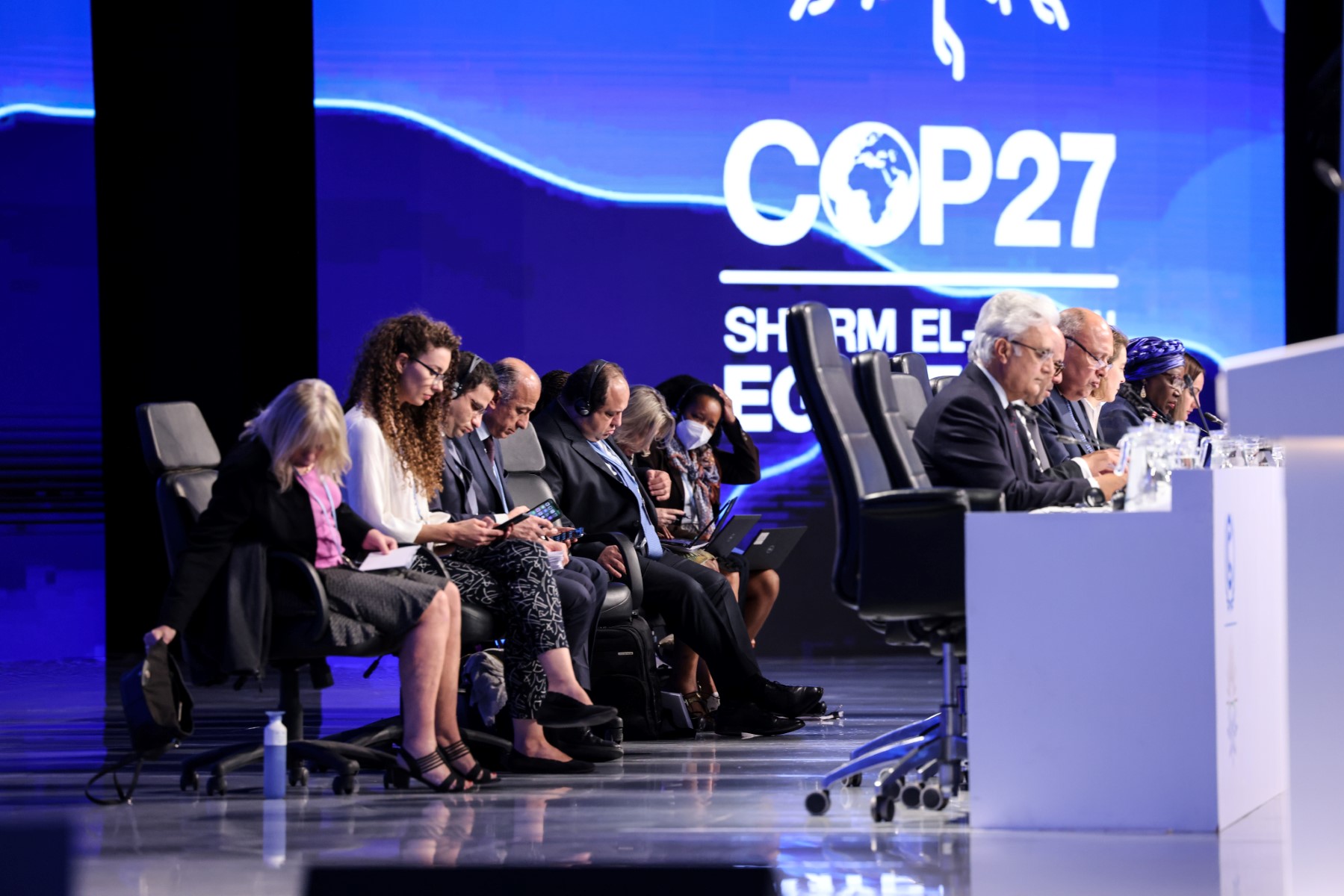
In the decision, known as the Sharm el-Sheikh Implementation Plan, the Heads of States of government and delegations unanimously agreed to provide “loss and damage” funding for vulnerable countries hit hard by climate disasters.
Set against a difficult geopolitical backdrop, COP27 resulted in countries delivering a package of decisions that reaffirmed their commitment to limit global temperature rise to 1.5 degrees Celsius above pre-industrial levels.
The package also strengthened action by countries to cut greenhouse gas emissions and adapt to inevitable impacts of climate change, as well as boost the support of finance, technology and capacity building needed by developing countries.
Creating a specific fund for loss and damage marked an important point of progress, with the issue added to the official agenda and adopted for the first time at COP27.
Governments took the groundbreaking decision to establish new funding arrangements, as well as a dedicated fund, to assist developing countries in responding to loss and damage.
They also agreed to establish a ‘transitional committee’ to make recommendations on how to operationalise both the new funding arrangements and the fund at COP28 next year.
The first meeting of the transitional committee is expected to take place before the end of March 2023.
Parties also agreed on institutional arrangements to operationalise the Santiago Network for Loss and Damage, to catalyse technical assistance to developing countries that are particularly vulnerable to the adverse effects of climate change.
COP27 saw significant progress on adaptation, with governments agreeing on the way to move forward on the Global Goal on Adaptation, which will conclude at COP28 and inform the first Global Stocktake, improving resilience among the most vulnerable.
New pledges of more than $230 million were made to the Adaptation Fund at COP27.
These pledges will help many more vulnerable communities adapt to climate change, through concrete adaptation solutions.
COP27 President, Sameh Shoukry, announced the Sharm el-Sheikh Adaptation Agenda, enhancing resilience for people living in the most climate-vulnerable communities by 2030.
UN Climate Change’s Standing Committee on Finance was requested to prepare a report on doubling adaptation finance for consideration at COP28 next year.
The decision highlights that a global transformation to a low-carbon economy is expected to require investments of at least $4-6 trillion a year. Delivering such funding will require a swift and comprehensive transformation of the financial system and its structures and processes, engaging governments, central banks, commercial banks, institutional investors and other financial actors.
Serious concern was expressed that the goal of developed country parties to mobilise jointly $100 billion per year by 2020 has not yet been met, with developed countries urged to meet the goal, and multilateral development banks and international financial institutions called on to mobilise climate finance.
At COP27, deliberations continued on setting a ‘new collective quantified goal on climate finance’ in 2024, taking into account the needs and priorities of developing countries.
“In this text, we have been given reassurances that there is no room for backsliding,” said UN Climate Change Executive Secretary, Simon Stiell.
He added: “It gives the key political signals that indicate the phasedown of all fossil fuels is happening. This outcome moves us forward.
“We have determined a way forward on a decades-long conversation on funding for loss and damage – deliberating over how we address the impacts on communities whose lives and livelihoods have been ruined by the very worst impacts of climate change.”
COP27 brought together more than 45,000 participants to share ideas, solutions, and build partnerships and coalitions. Indigenous peoples, local communities, cities and civil society, including youth and children, showcased how they are addressing climate change and shared how it impacts their lives.



